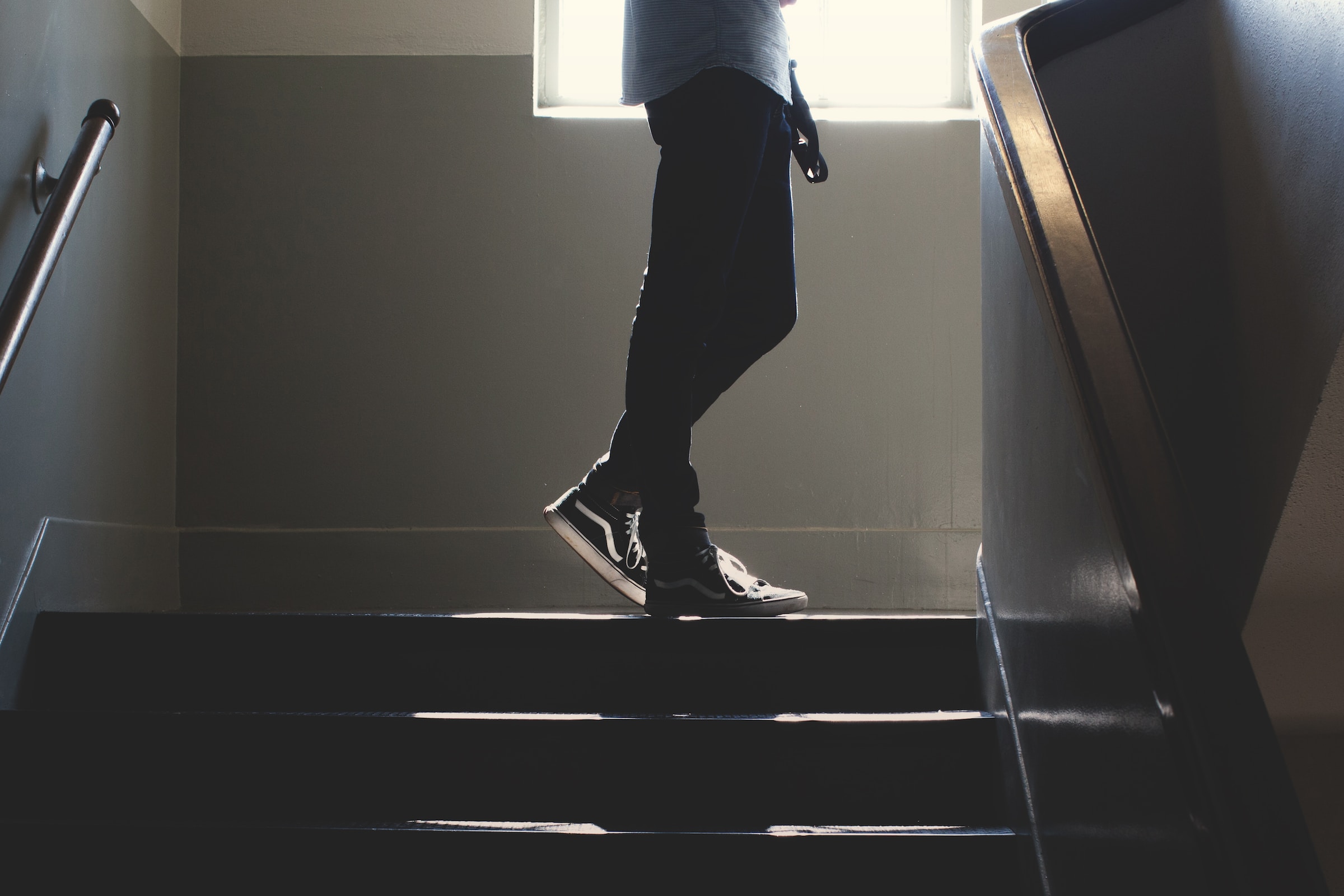Introduction:
The journey of self-discovery and self-acceptance can be challenging for any young person, but it becomes even more daunting when they don’t receive acceptance and support from their own families. For LGBTQIA+ (lesbian, gay, bisexual, transgender, queer, intersex, asexual, and other) youth, the absence of familial acceptance can create immense hardships. In this blog, we will explore the struggles faced by LGBTQIA+ youth when they are not accepted by their families, and shed light on the resilience and strength they demonstrate as they navigate through adversity.
- Emotional Isolation and Loneliness:
When LGBTQIA+ youth are not accepted by their families, they often experience emotional isolation and a profound sense of loneliness. The feeling of not being understood or supported by the people who are supposed to love them unconditionally can be overwhelming. This isolation can lead to increased rates of depression, anxiety, and even thoughts of self-harm.
- Lack of Support System:
Families typically serve as a primary support system during challenging times, but for LGBTQIA+ youth without family acceptance, this crucial support network is missing. They may lack someone to turn to for guidance, advice, or simply a shoulder to lean on. This absence of support can have a profound impact on their mental well-being and overall sense of stability.
- Financial Instability:
In some cases, LGBTQIA+ youth who are not accepted by their families may face financial difficulties. Without parental support, they may struggle to afford basic necessities, such as housing, education, or healthcare. This financial instability can hinder their ability to pursue their goals and dreams, forcing them to make tough decisions and rely on external resources for assistance.
- Homelessness:
Tragically, the lack of family acceptance can lead some LGBTQIA+ youth to experience homelessness. Feeling unwelcome or rejected at home, they may be forced to leave and find themselves without a safe place to live. Homelessness exposes them to a multitude of dangers, including violence, exploitation, and an increased vulnerability to mental health issues.
- Limited Access to Healthcare:
Family acceptance plays a significant role in a young person’s access to healthcare, particularly mental health services. Without familial support, LGBTQIA+ youth may struggle to find appropriate and affirming healthcare providers who understand their unique needs. This lack of access to adequate healthcare can exacerbate existing mental health challenges and prevent them from receiving the care they desperately need.
Conclusion:
The struggles faced by LGBTQIA+ youth without family acceptance are immense, but their resilience and strength shine through in their ability to overcome adversity. It is crucial for society to recognize and address these hardships, providing a supportive and inclusive environment where all young individuals can thrive. By promoting acceptance, fostering understanding, and offering resources, we can help create a world where every LGBTQIA+ youth feels loved, accepted, and valued for who they are. Together, we can build a future where no young person has to face these challenges alone.

